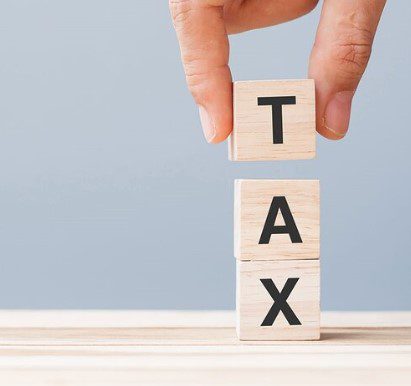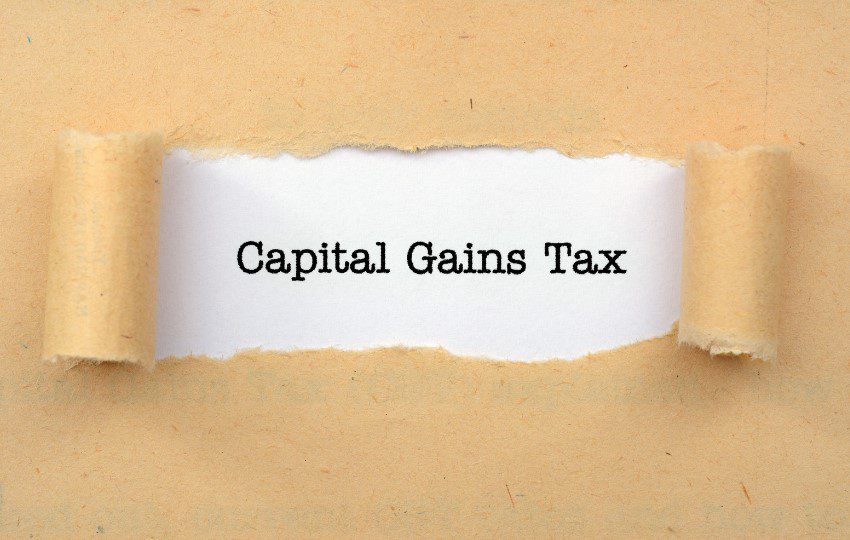
Understanding the Upcoming Changes to Capital Gains Tax in Canada
Discussing taxes might not be everyone’s favorite topic, but for those looking to buy or sell real estate in the near future, it’s crucial to stay informed about upcoming changes. The federal government has proposed a significant update to the taxation of capital gains, particularly affecting investments. Starting June 25, 2024, the portion of capital gains subject to tax will increase from 50% to nearly 67% for individuals with gains exceeding $250,000 within a year. This adjustment also applies to all corporations and trusts, which will face taxes on a greater share of their gains.
What Exactly Is Capital Gains Tax?
Capital Gain = Purchase Price – Selling Price – Qualifying Expenses
Capital gains tax is levied on the profit made from selling assets like cottage property, rental properties, securities, and business equipment. Under the new regulations set by the Canadian federal budget, here are the essential points to note:
- Increased Inclusion Rate: The inclusion rate for capital gains will jump to 66.67%, up from 50%. This means that a higher portion of your capital gains will be taxed. It’s not that the capital gains are taxed at 50-67%, but that 50-67% of the gain is taxable.
- Thresholds and Exceptions: Individuals will only pay the new rate on gains that exceed $250,000 annually. For corporations and trusts, the 66.67% rate applies to all capital gains.
- Limited Impact: The change targets a small fraction of Canadians, primarily those with substantial gains. Most Canadians won’t see a change unless their gains surpass the quarter-million mark.
- Effective Date: Any capital gains realized after June 25, 2024, will be subject to these new rates.
- Strategic Planning: It’s wise for individuals and businesses to rethink their asset management strategies, considering the imminent tax increase on large gains.
Local Impact in Windsor-Essex, ON, and Surrounding Areas
It’s important to note that these changes do not typically affect the taxes on your primary residence, such as your home or condominium. However, sales of secondary properties like cottages or rental properties could incur higher taxes if the profits exceed the new threshold. For more information, speak to an accountant and/ or visit the CRA website.
For those in Windsor or Essex County considering the sale of such properties, acting before the June 2024 deadline could be advantageous. Consulting with a real estate professional like the Dan Gemus Real Estate Team, along with a lawyer, lender, and accountant, can provide you with advice and a robust strategy tailored to your personal financial situation and local Windsor-Essex County real estate market conditions. This team approach ensures you are well-prepared and informed, helping you make the best decisions in a changing tax landscape.

